Introduction
Learning Sciences has gradually developed since the 1990s, increasingly gaining international recognition as a pivotal focus in educational research. It primarily addresses two fundamental questions: "how learning occurs " and "how to design the environment that supports learning to occur. " To address these questions, scholars in the field employ a range of empirical research methodologies to examine diverse, real-world contexts to elucidate the mechanisms underlying the learning process. One salient insight from this body of work is that effective learning is more likely to occur in intentionally designed everyday environments and informal learning contexts. Within these naturally occurring settings, social interactions frequently serve as crucial catalysts for learning. Significantly, the scope of research in Learning Sciences extends formal educational institutions to encompass informal learning opportunities in domestic, occupational, and various social environments. Computer-supported Collaborative Learning (CSCL) emphasizes how to make full use of technology to afford the process and results of group learning and design a more effective learning environment. The sub-conference involves a wide range of disciplines, including cognitive science, educational psychology, computer science, anthropology, sociology, information science, cognitive neurology, educational technology, and other knowledge and research issues. The conference welcomes scholars and practitioner teachers interested in this field at home and abroad to work together to explore the related problems and share experiences.
Paper Submission Topics (including but not limited to the following)
1.Theoretical consideration of learning science and computer-supported collaborative learning.
2.Activities design of learning science and computer-supported collaborative learning.
3.Teaching strategies applications of learning science and computer-supported collaborative learning.
4.Innovation of learning science and computer-supported collaborative learning.
5.Evaluation and assessment of learning science and computer-supported collaborative learning.
6.Comparative research on learning science and computer-supported collaborative learning.
7.Process analysis of learning sciences and computer-supported collaborative learning
8.Challenges and countermeasures of computer-supported collaborative learning.
9.New learning paradigm and new media learning applications.
10.Learning supported by artificial intelligent technology (including generative artificial intelligence).
11.AI agent-supported collaborative learning
Paper Submission
Full manuscripts shall be submitted to the conference for review. Abstract submissions will NOT be accepted. This conference uses double-blind review,
which means that both the reviewer and author identities are concealed from the reviewers, and vice versa, throughout the review process. Please kindly
note that when authors submit papers for review, the authors’ information has to be blinded in the title, the contents, and the reference part. After
the paper is being accepted, the author information will be displayed in the final version of the submitted paper.
1.Authors should only prepare submissions in Chinese (Long paper: 8 pages; Short paper: 4 pages; Poster: 2 pages). Submissions written in Chinese
should include the title, abstract and keywords written in both Chinese and English.
2.Authors should make submissions by uploading papers onto the Submission System of the conference
https://easychair.org/conferences/?conf=gccce2025
3.Authors should submit papers with PDF format. Please make use of the paper template for preparing submissions.
4. Please pay attention to all English papers, regardless of topic, please submit to English Paper Track。
5. At least one author is required to register and present for publication once a paper is accepted.
C1 Program Committee
Executive Chair
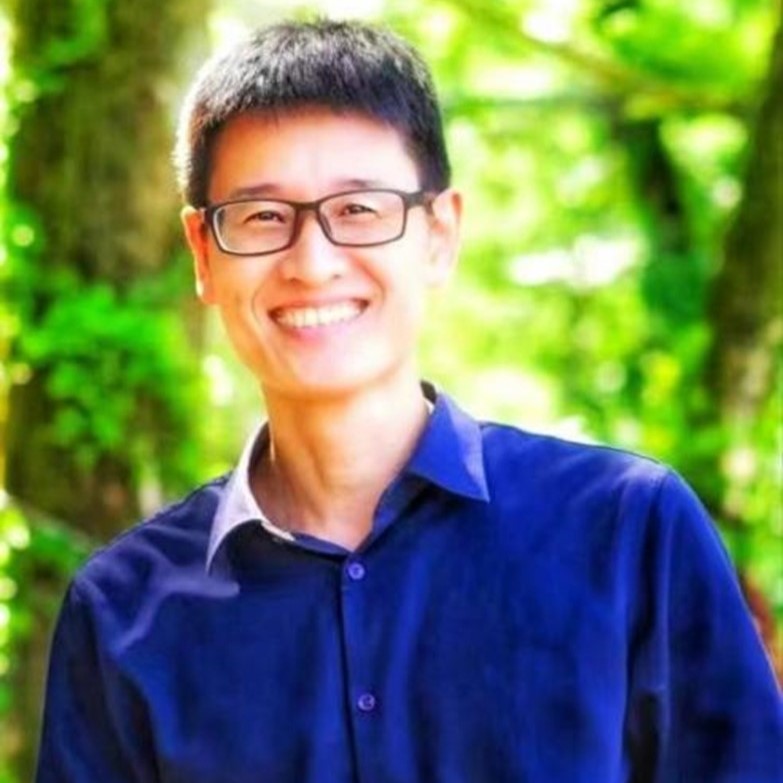
FANG Jianwen
Wenzhou University(Mainland China)
Co-Chairs
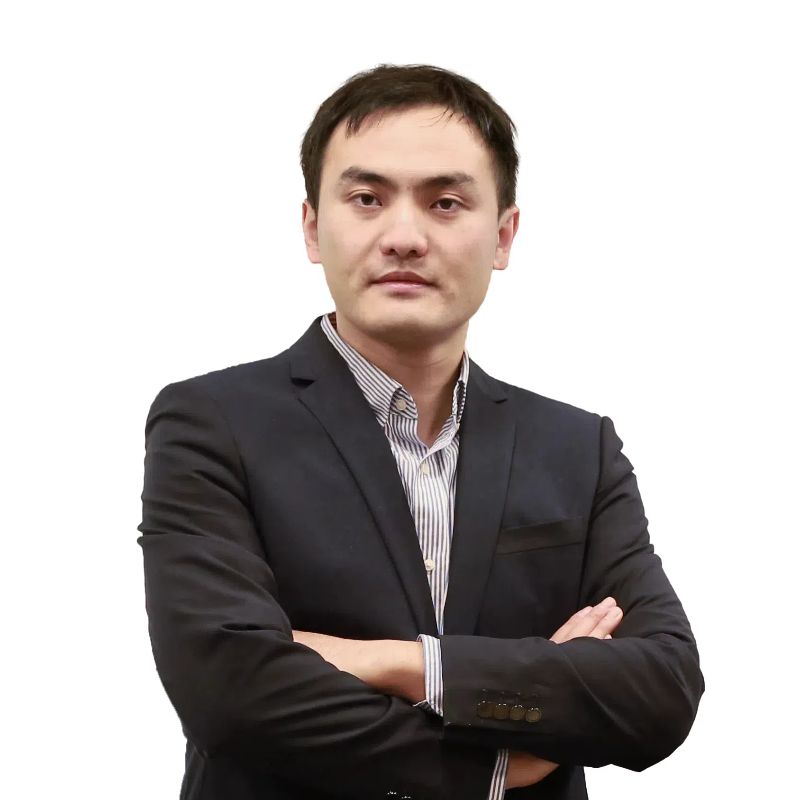
Ma Zhiqiang
Jiangnan University(Mainland China)
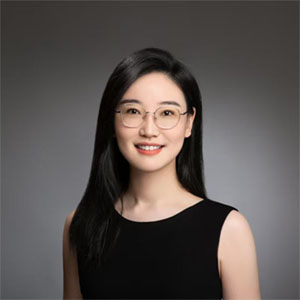
Pei Leisi
The Education University of Hong Kong(Hong Kong)
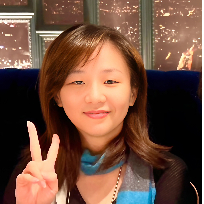
Tu Yunfang
Soochow University(Tai Wan)
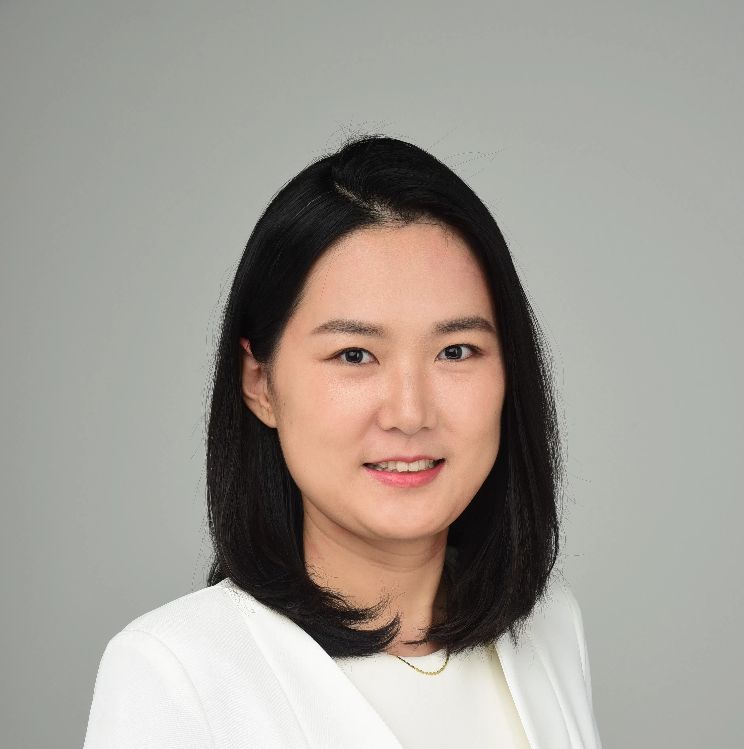
Yuan Guangji
Nanyang Technological University(Singapore)
Program Committee Members
Huang Biyun, City University of Macau
Wang Cixiao, Beijing Normal University
Zhang Di, Zhejiang Normal University
Hu Dongpin, Education University of Hong Kong
Zhu FangFang, Jiangnan University
Geng Fengji, Zhejiang University
Li Fengqing, Shandong Normal University
Yang Gang, Wenzhou University
Xu Guangtao, Hangzhou Normal University
Hwang Gwo-Haur, National Yunlin University of Science and Technology
Li Haifeng, Xinjiang Normal University
Huang Hsin, National Taipei University of Nursing and Health Sciences
Lin Hui-Chen, Taipei Medical University
Zhao Jiahua, Fujian Normal University
Yao Jiajia, Jiangnan University
Wang Jing, Jiangnan University
Wang Juan, Jiangsu Normal University
Tang Kai-Yu, National Chung Hsing University
Zhao Leilei, Nanjing Normal University
Yu Liang, SouthWest University
Zheng Long Wei, East China Normal University
Lan Min, Zhejiang Normal University
Chiu Min-Chi, Ling Tung University
Jong Morris Siu Yung, Chinese University of Hong Kong
Yang Qi-Fan, Fujian Normal University
Fu Qing-Ke, Huzhou Normal University
Chang Shao-Chen, Yuan Ze University
WU SHU-HAO, National Taiwan Normal University
Chen Weifeng, Wenzhou University
Yu Xiaohua, East China Normal University
Cui Xin, Jiangnan University
Wang Xinghua, Qingdao University
Jin Xinquan, Jiangnan University
Lin XiuYu, South China Normal University
Wei Xuefeng, Ludong University
Qian xunyan, Hangzhou Normal University
Wang Yanli, Northwest Minzu University
Li Yue, Tianjing University
Tu Yun-Fang, Soochow University

FANG Jianwen
Wenzhou University(Mainland China)

Ma Zhiqiang
Jiangnan University(Mainland China)

Pei Leisi
The Education University of Hong Kong(Hong Kong)

Tu Yunfang
Soochow University(Tai Wan)

Yuan Guangji
Nanyang Technological University(Singapore)
Huang Biyun, City University of Macau
Wang Cixiao, Beijing Normal University
Zhang Di, Zhejiang Normal University
Hu Dongpin, Education University of Hong Kong
Zhu FangFang, Jiangnan University
Geng Fengji, Zhejiang University
Li Fengqing, Shandong Normal University
Yang Gang, Wenzhou University
Xu Guangtao, Hangzhou Normal University
Hwang Gwo-Haur, National Yunlin University of Science and Technology
Li Haifeng, Xinjiang Normal University
Huang Hsin, National Taipei University of Nursing and Health Sciences
Lin Hui-Chen, Taipei Medical University
Zhao Jiahua, Fujian Normal University
Yao Jiajia, Jiangnan University
Wang Jing, Jiangnan University
Wang Juan, Jiangsu Normal University
Tang Kai-Yu, National Chung Hsing University
Zhao Leilei, Nanjing Normal University
Yu Liang, SouthWest University
Zheng Long Wei, East China Normal University
Lan Min, Zhejiang Normal University
Chiu Min-Chi, Ling Tung University
Jong Morris Siu Yung, Chinese University of Hong Kong
Yang Qi-Fan, Fujian Normal University
Fu Qing-Ke, Huzhou Normal University
Chang Shao-Chen, Yuan Ze University
WU SHU-HAO, National Taiwan Normal University
Chen Weifeng, Wenzhou University
Yu Xiaohua, East China Normal University
Cui Xin, Jiangnan University
Wang Xinghua, Qingdao University
Jin Xinquan, Jiangnan University
Lin XiuYu, South China Normal University
Wei Xuefeng, Ludong University
Qian xunyan, Hangzhou Normal University
Wang Yanli, Northwest Minzu University
Li Yue, Tianjing University
Tu Yun-Fang, Soochow University
